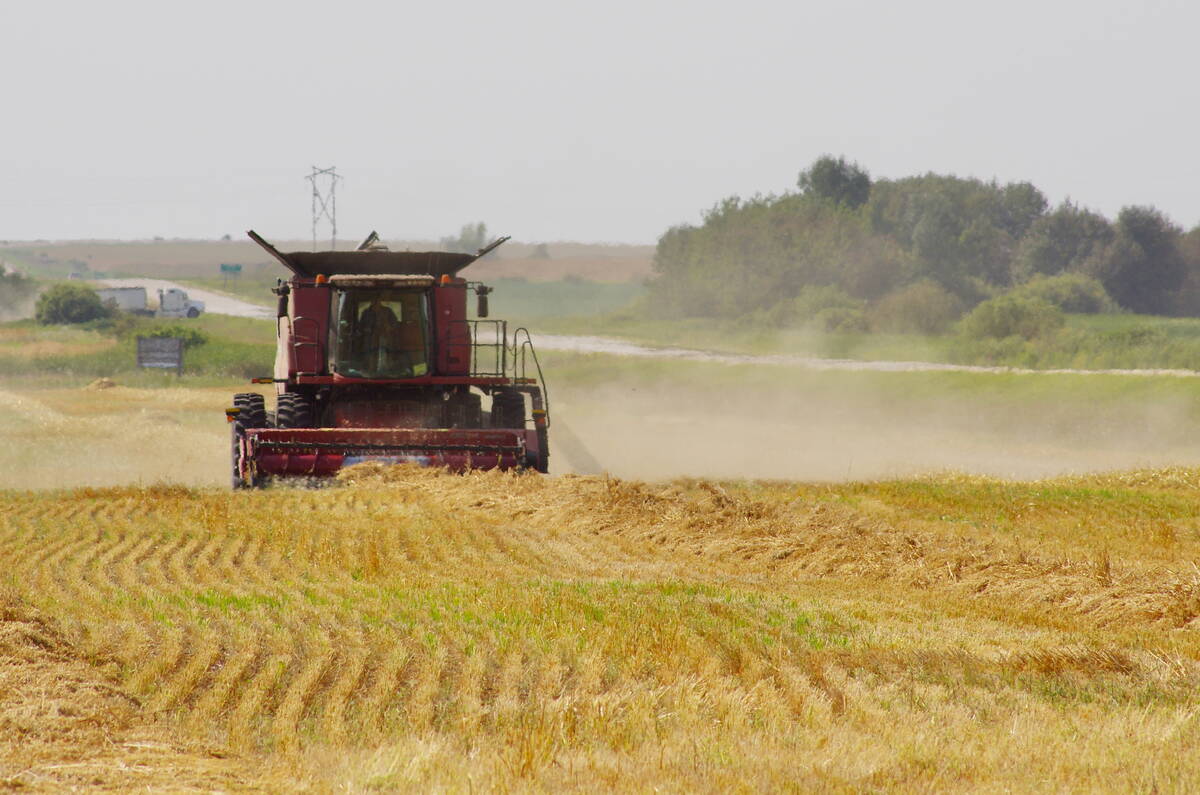Low fat, no trans fat, low salt, low carbohydrates, low saturated fat, high monounsaturated fat, low polyunsaturated fat.
There’s a growing list of oil jargon that consumers try to understand when they go to the grocery store.
A few years ago there was less diversity in the words on food. Fortunately for canola, one of the earliest health concerns that hit the food markets was the push for products low in saturated fats.
That played to canola’s natural advantage because of its extremely low saturated fat content, but with many other new elements for consumers to worry about, some of the publicity about low saturated fat levels has faded.
Read Also

Herbicide resistance sprouts in Manitoba’s wild oats
Farmers across Manitoba this fall are gearing up for the latest salvo in what, for many, has become a longtime battle to beat out wild oats.
But food industry consultant Guy Johnson thinks it could all come back if canola’s qualified health claim is approved in the United States.
“Six months after the claim is approved, people are just going to remember that ‘canola oil is a good thing and I should use it instead of what I’m using now,’ ” Johnson said in an interview during the Canola Council of Canada’s annual convention.
The public’s health consciousness has increased in recent decades. Every week new studies are released showing good and bad health impacts of various foods, and many consumers have become uncertain about what matters and what doesn’t.
“There is a lot of confusion amongst consumers about the health benefits of things,” said Johnson.
“In science, we take three steps forward and two steps back. I don’t know how you cut through all that noise and get to the rock solid science behind this area.”
Once a health claim is on a package, it relieves the shopper’s need to remember all the complications of the particular ingredient they’re considering.
“I think what consumers are going to take away is: canola is a good thing,” said Johnson.

















